Accessibility in gaming: there’s more work to be done
How to make video games more accessible, and who can help?
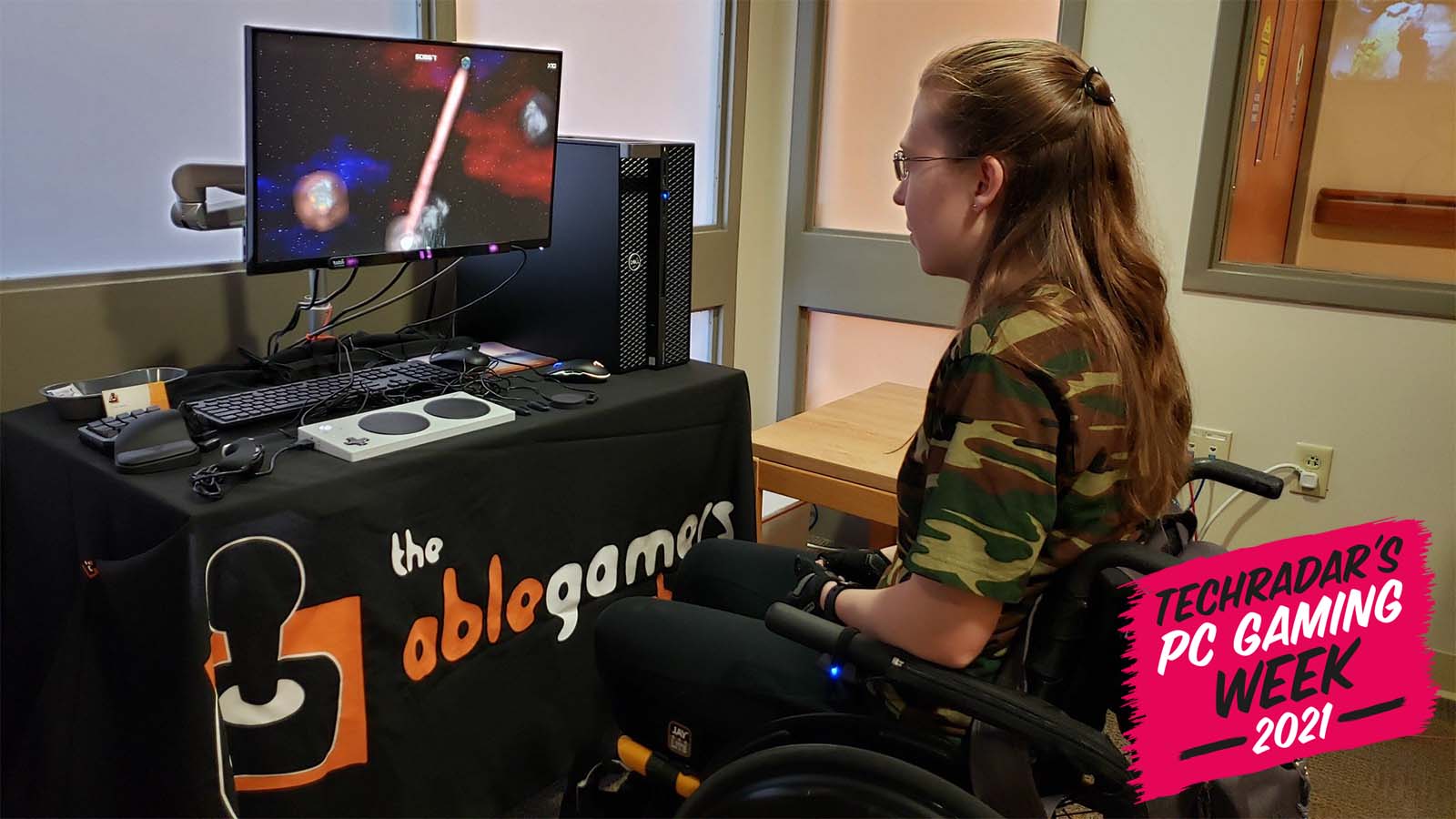
Accessibility in gaming has come a long way, but gaming’s still not near as progressive as it needs to be. Including disabled people can be a difficult task for developers, as disabilities can affect people in a multitude of ways and figuring out the right ways to support gamers with disabilities might seem like an impossible task.
However, as we’ll see, there already exist good examples of “gaming accessibility done right”, and plenty of resources for developers who want to put more accessibility options into their games.
What do we mean by 'accessibility', and why is it important?
Gaming is as important to disabled people as it is the able-bodied – arguably more so because disabled people are at a higher risk of social isolation. Gaming has natural value as entertainment, but it also has an important social aspect, through multiplayer and the communities that form around gaming and games.
Disabilities can make it harder for people to share in these experiences, but there are ways they can join in. For people with mobility issues like muscular dystrophy, controlling a game using eye movement or adapted joysticks is a major step forward. A gamer with severe visual impairment can benefit from audio-only games like the new release The Vale: Shadow of the Crown.
Accessibility matters and is more important than ever, so is it reasonable that, even now, games by major AAA companies still come out with barely any accessibility features at all?
As Chris Cooke, co-founder of gaming organization Everyone-Games says, “What percentage of gamers play a game on ultra-hardcore mode? The disabled are easily a larger customer base, but I don't see a mode for them as often in the settings!”
Get daily insight, inspiration and deals in your inbox
Sign up for breaking news, reviews, opinion, top tech deals, and more.
Most frustrating for Chris is, “the times a big-budget game could easily have been made more accessible with a few tweaks, but they didn't bother!”

Credit where it’s due
We'd be remiss not to touch on the ways games have been made more accessible, which we’ve seen with Microsoft’s Xbox Adaptive Controller that can be used on both Windows 10 PCs and Xbox consoles.
Subtitles are now common, as are colorblind modes and enhanced closed captioning. VR gaming is also considered to be a real champion when it comes to accessible games, very suitable to many people with disabilities.
Game developers like Naughty Dog, Volition, and others have made strides to improve accessibility as well, including more optional settings to better improve the gameplay experience of gamers with disabilities, including those with vision, hearing, and motor-coordination challenges.
Tools and resources
There are many tools and resources available to developers hoping to improve the accessibility of their games.
One of these, The Game Accessibility Guidelines, clearly lays out the hows and the whys of including those with motor, cognitive, visual, auditory, and speech-related disabilities. It is divided into basic, intermediate and advanced levels and even provides a downloadable Excel checklist to help keep developers on track.
AbleGamers, one of the US’ leading disabled gaming charities, has made a similar resource available via its AccessibleGames project, which also helps developers connect with players with disabilities to help inform their game design. They have also created an accessibility-oriented game development certification program known as the Accessible Player Experience project which has trained game developers from studios like Ubisoft and other AAA outfits.
Some charities and organizations doing the tough work
If a developer doesn’t live with an impairment or disability, or know someone who does, it’s understandable if they’d have no clue what to do or where to start.
The following organizations and charities put accessibility in gaming at the heart of their work. They do the groundwork and they help connect developers with disabled gamers; in many cases, they are disabled themselves.
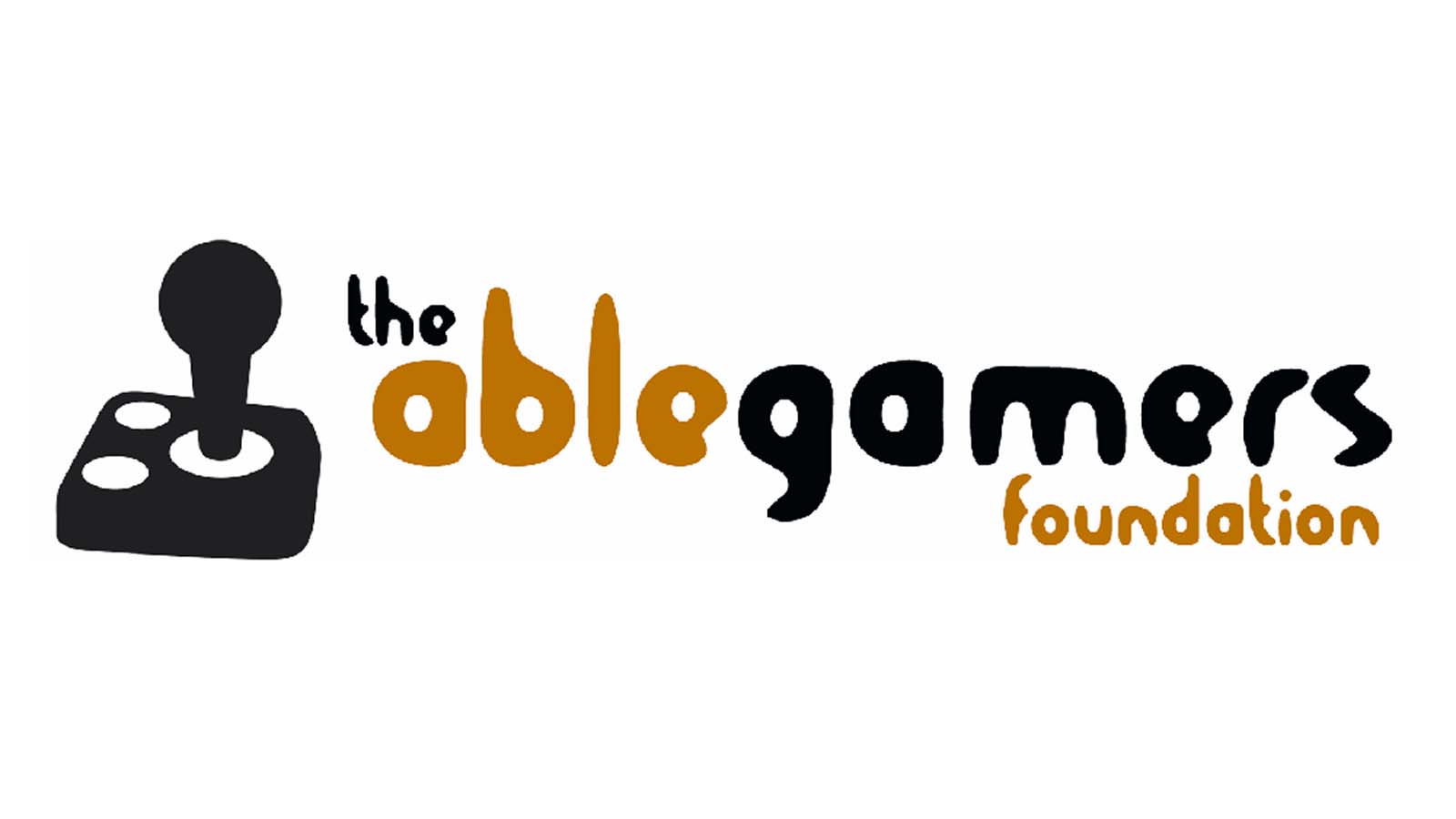
AbleGamers Charity
AbleGamers is a US-based charity that creates custom gaming peripherals for disabled gamers, offers assistance with software and hardware issues, and much more.
They create “opportunities that enable play to combat social isolation, foster inclusive communities, and improve the quality of life for people with disabilities.”
If you would like to donate to AbleGamers there are some ways you can do so: crypto, one time, or recurring donations.
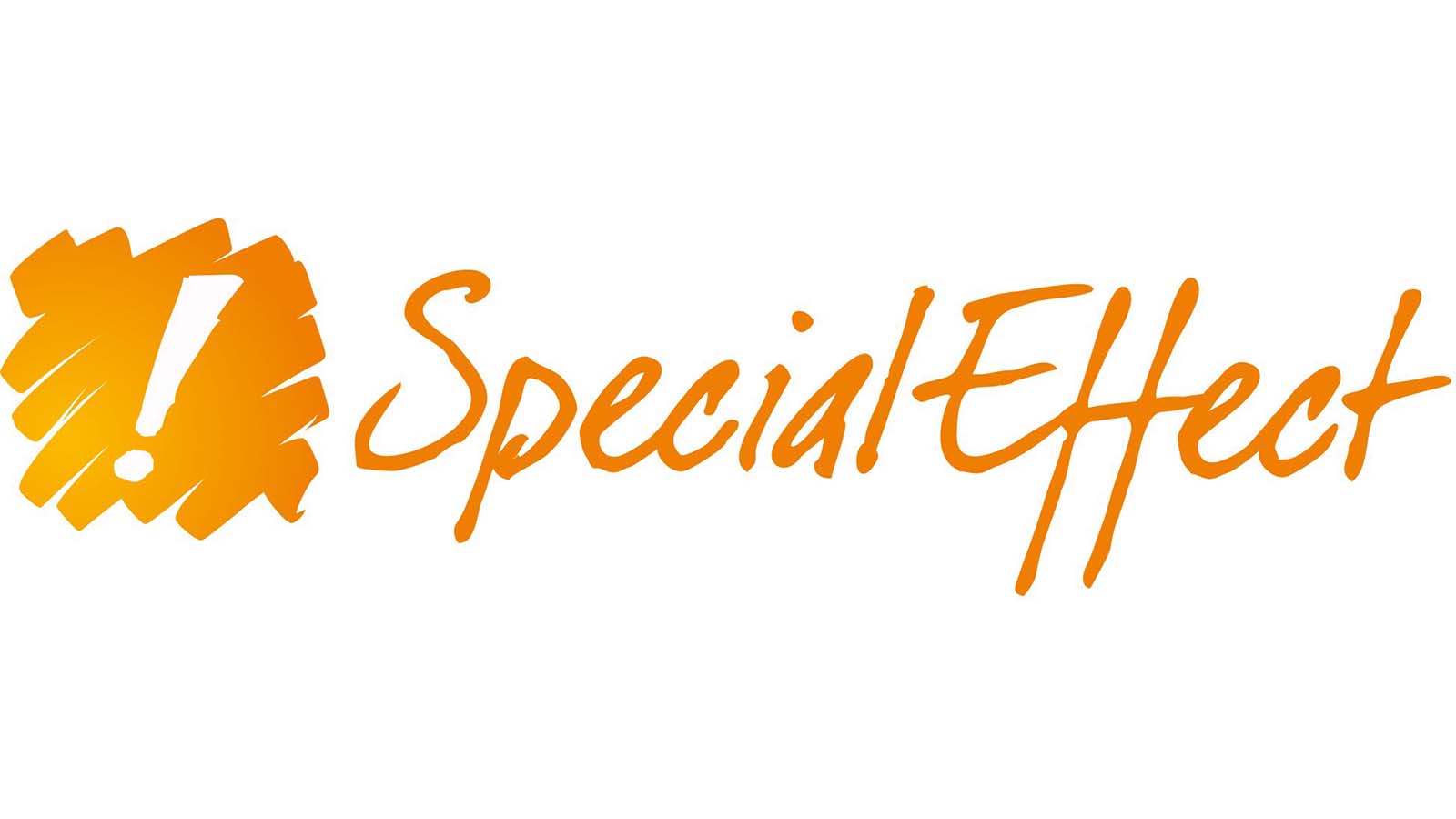
SpecialEffect
SpecialEffect (“The Gamer’s Charity”) uses technology to support disabled gamers in playing video games.
They run a game room in Oxfordshire, where people can use accessible gaming peripherals like modified controllers and gamepads. They also do home visits to individuals whose ability to travel is limited, and lend out equipment.
SpecialEffect offer software like EyeMine, a tool that allows you to play Minecraft with your eyes. Its site GameAcess is a great resource for disabled gamers, containing articles that help you set up in-game settings, and reviews of peripherals.
SpecialEffect provides its services for free, so donations are very much welcome.
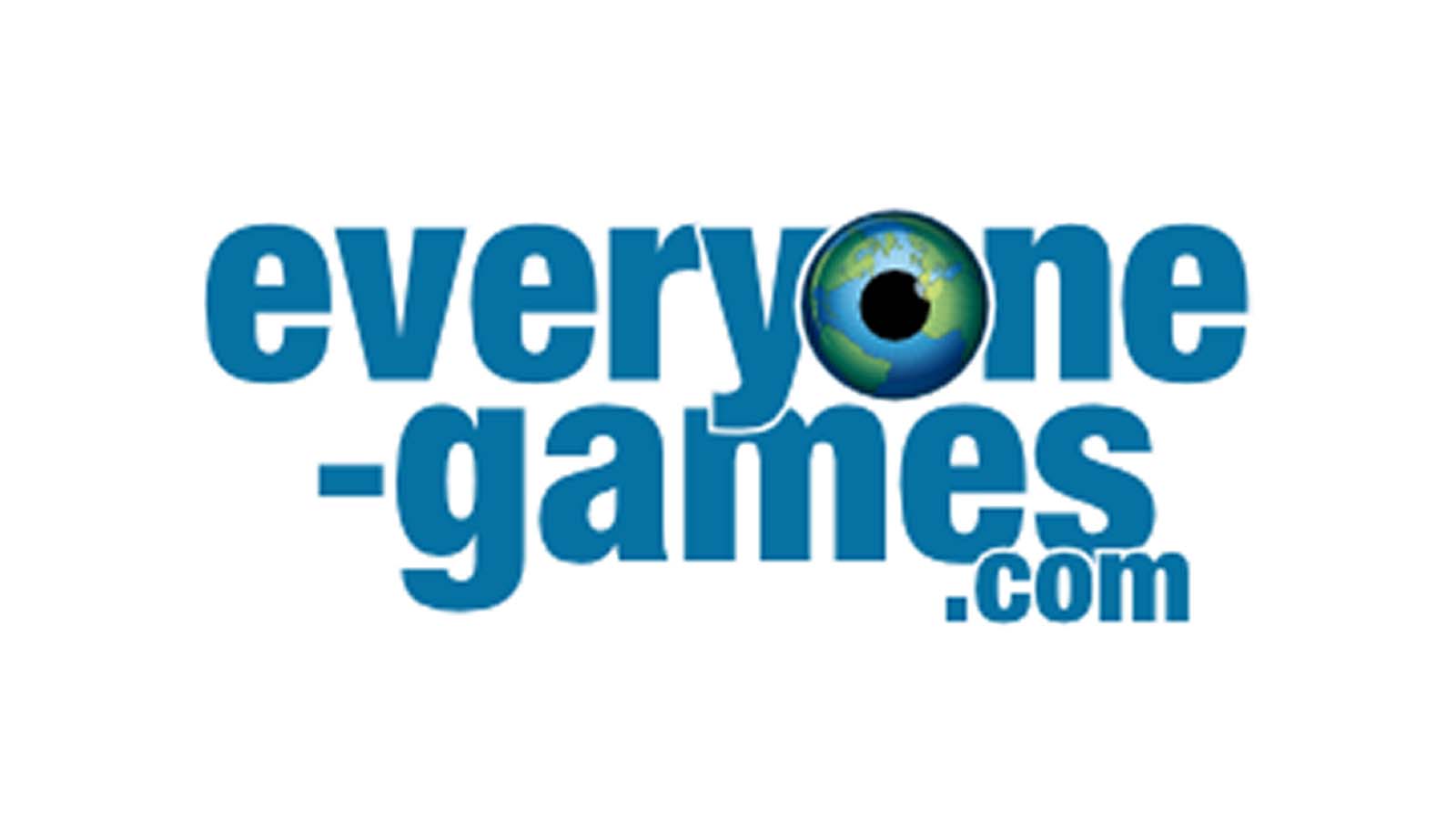
Everyone-Games
Everyone-Games is a new organization focused on making games accessible for disabled gamers.
“We’re a team of partially sighted and blind volunteers,” says co-founder Chris Cooke. “We're working to raise awareness and funds to make gaming more inclusive and accessible for everyone. We’re an underrepresented minority group, so we’ve united to build a broader alliance around the shared goals of inclusivity and representation.”
Everyone-Games will soon be running its first online event, which will include tabletop RPG gaming sessions and panel discussions on subjects like accessibility in video game design, and writing and playing disabled characters.
Everyone-Games is partnered with SpecialEffect and AbleGamers and will be fundraising for both charities. “The reason we’re fundraising for SpecialEffect and AbleGamers is that they help the broadest community of disabled gamers,” says Chris.
The first Everyone-Games event will be held on the 1st and 2nd October 2021, 7 pm-10 pm ET, 11-2 am UTC and 9 am-12 pm AEST. If you’d like to drop a donation, you can do so here, and sponsors can fill out a form.
Chris says, "We’d love to have sponsors help us pay for professional sign language interpreters, to make our games and panels more accessible for the deaf community.
“Smaller sponsors could give prizes to our charity donors; in return, they’d be promoted to the most socially-minded and positive community -- it's win-win!”
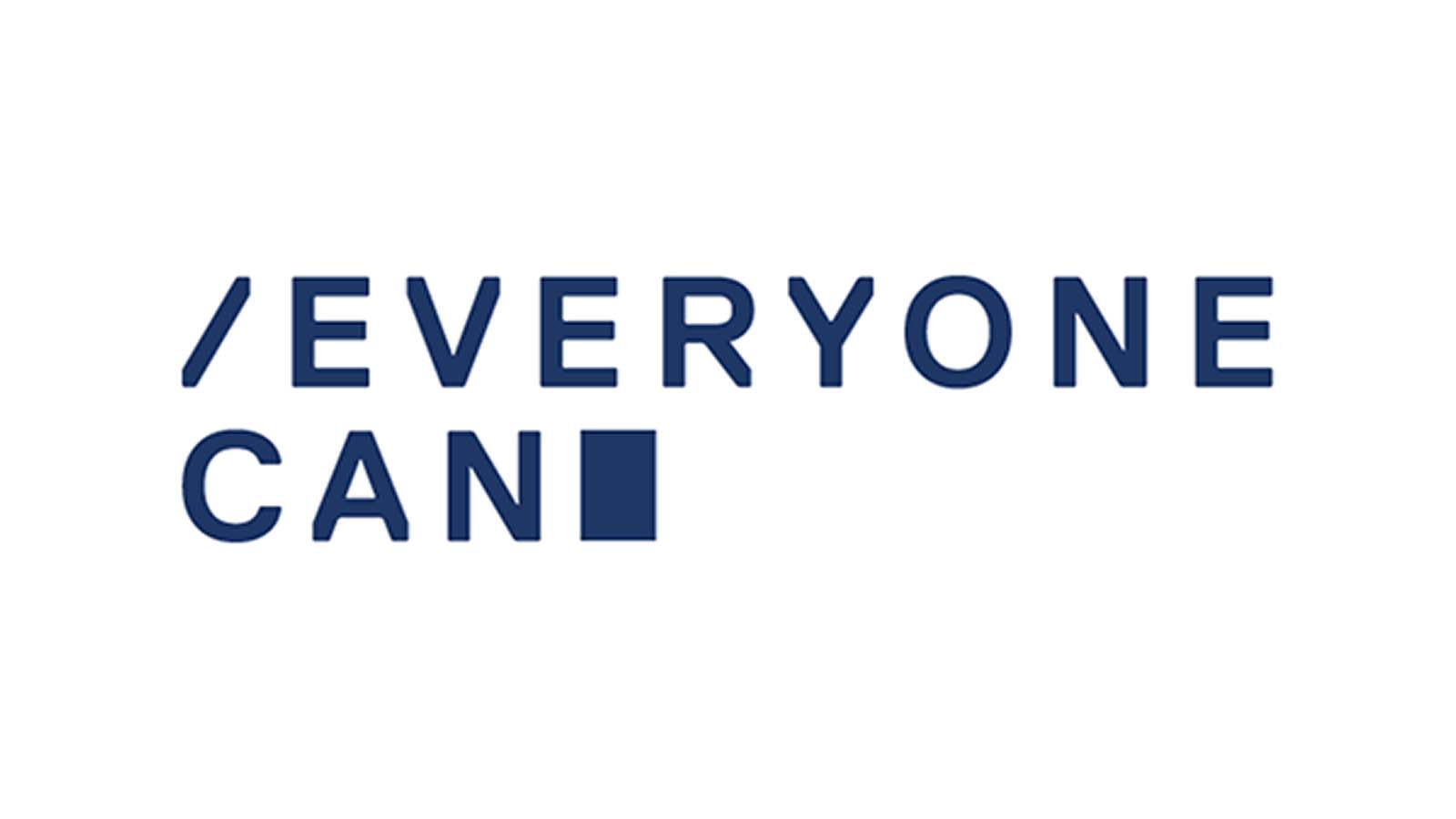
Everyone Can
Everyone Can is a charity that uses technology to support disabled children. Based in Manchester, UK, Everyone Can runs a gaming center where disabled children can play video games with assistive technology.
You can support Everyone Can through donations and fundraising that goes towards equipment, resources, and events. You can also apply to be an ambassador or sponsor events. Developers are encouraged to collaborate by gifting a portion of their in-game purchases to the charity.
Everyone Can’s annual fundraiser Game Together will be held on Saturday and Sunday, August 25th & 26th.
Donate, collaborate, or educate yourself on the work these charities do. It’s not as radical as it sounds, because it’s something that should just be, so those that can, should. Gaming is for all, so let’s make sure that sentiment is heard loud and clear.
- Welcome to TechRadar’s PC Gaming Week 2021, our celebration of the greatest gaming platform on Earth. Despite the global pandemic and ongoing GPU shortages, PC gaming has never been more vibrant and exciting, and throughout the week we’ll be reflecting this with a selection of in-depth articles, interviews and essential buying guides.
Rosario Blue is a writer, playwright, and freelance journalist.
She is a Global Goodwill Ambassador for Postcards for Peace.
